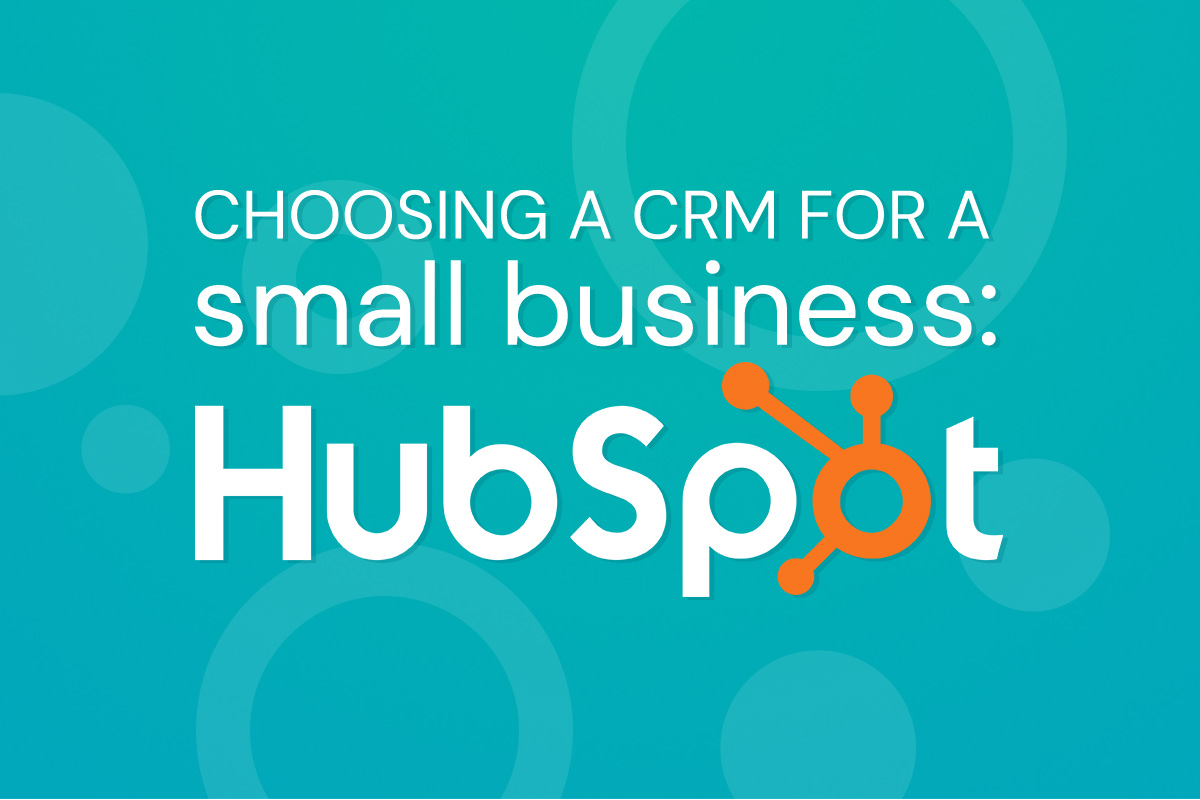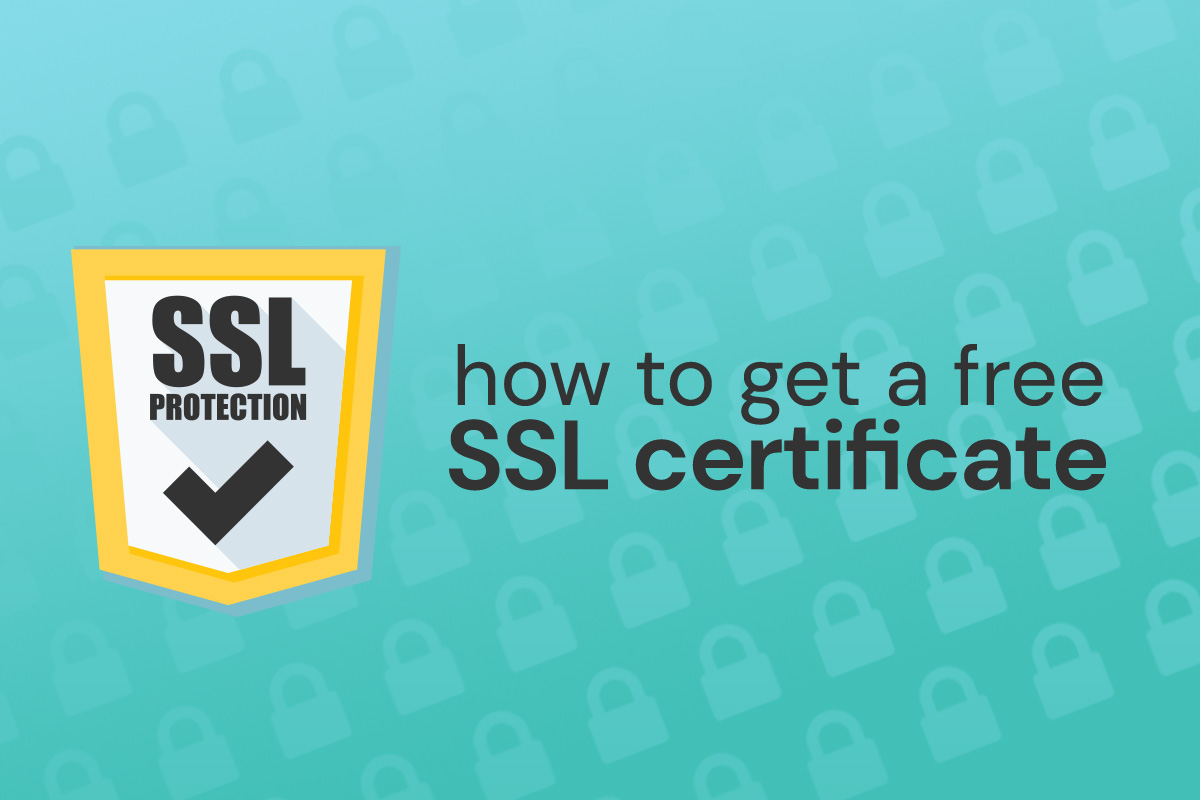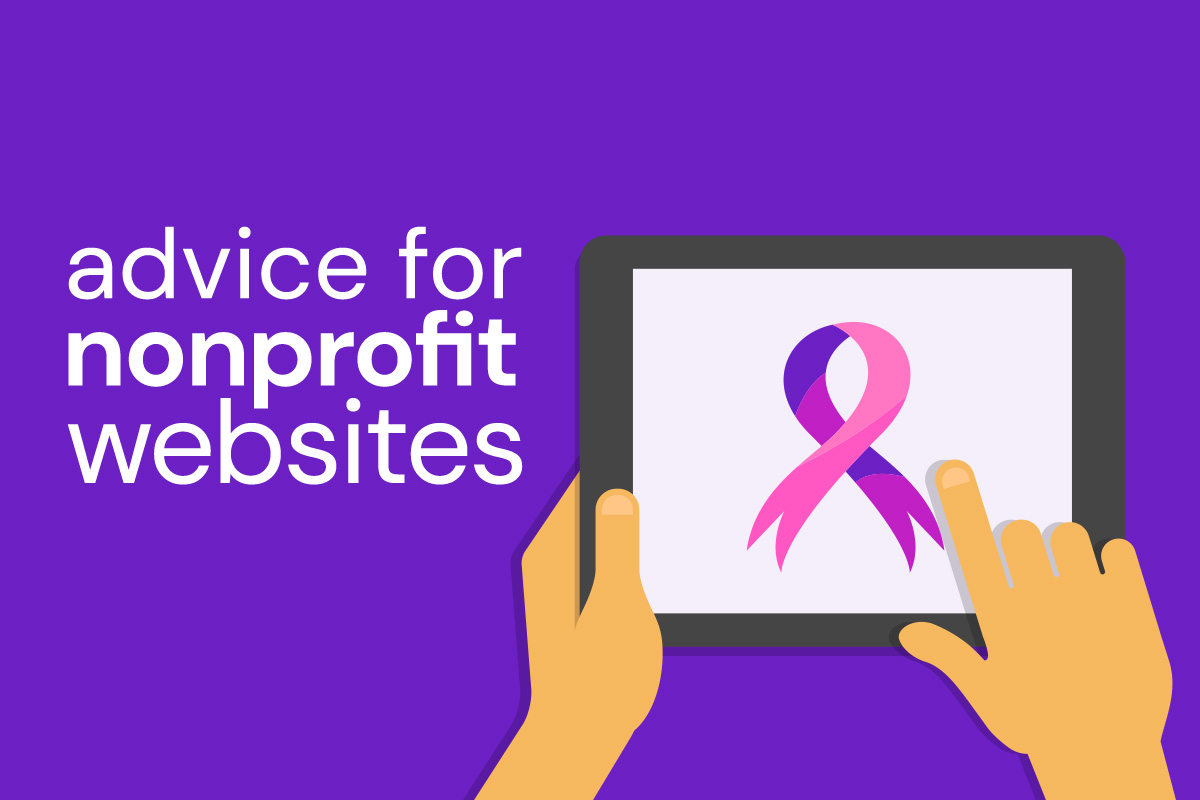Today an attorney who has started up her own firm contacted us about managing emails sent to clients. She had heard about Mailchimp and thought it might work for her. After a little discussion, we could see that what she was looking for was really a CRM—a Contact Relationship Management tool. A CRM would be an obvious arrow in the quiver of a salesperson, but you might not have guessed that an attorney would need such software as well.
Criterion 1: Rich Email Integration
We know our attorney is a hardcore user of Outlook, so our challenge is to find the best CRM for a small business that integrates well with it. A reasonable monthly fee and minimal setup would be helpful too. CRMS can be incredibly complex, full-featured, and customized. Salesforce is the leader in the CRM world, but it’s also a nuclear bomb in a situation where all that’s needed is a Roman candle. To start, we’re looking at HubSpot.
With Outlook integration as a top priority, we want to make sure to choose a CRM product that actively advertises itself as Outlook-compatible, and HubSpot fits that description. We also want a tool that allows you to templatize your most common interactions with prospects or clients. HubSpot lets you pull from a library of built-in email templates and documents, or to create your own templates from scratch—from within Outlook! Second, we’d like for this CRM to automate as much of the email process as possible. With Office 365, HubSpot lets you schedule timed emails that are personalized with contact information—ticking our next box. Thirdly, we’d like to be able to track performance of emails: how many clients opened our emails and/or clicked on links within? HubSpot’s interface shows you analytics for your emails and even your documents shared with clients—perfect.
Incidentally, HubSpot also integrates with Gmail and G Suite, if you’re not an Office 365 user.
Criterion 2: Implementation and Usage Fees
Cost is the next issue. After all, if HubSpot costs thousands or even millions of dollars to set up (and CRM systems certainly can), it’s a nonstarter. HubSpot purports to be “forever free,” allowing you to manage up to a million contacts and companies, with access for as many users as you want. So what is the catch? To be honest, for a product as essential as a CRM, we would prefer to pay some kind of monthly fee, just so we wouldn’t have to be afraid of it going away at some point. We’d also feel more confident about having some access to tech support beyond a knowledgebase or community forum. Then again, Mailchimp has been making this “forever free” model work for several years, and it’s the leader in its industry, so we won’t rule it out.
Criterion 3: The Negatives Shouldn’t Be Too Bad
Catches: email templates are limited to 5 with the free CRM. To get more, you’ll need to subscribe to the “Sales Portal,” which starts at $50 per month. Similarly, only 5 documents can be tracked with the free CRM, but again, with the Sales Portal subscription, you’ll have the ability to track up to 1,000 documents per month. This Sales Portal subscription will also allow you:
- Unlimited email tracking (with the free CRM you only get 200 email notifications per month)
- Up to 500 minutes of calls (as opposed to only 15 minutes with the free CRM)
- Unlimited personal and team meetings (as opposed to only 1 personal meeting with the free CRM)
Really, the best way to know if this CRM will work for our client is to try it out. Since the CRM is forever free, offers online training courses, and lets you sample its most important services, it will be relatively easy to determine if it’s a good fit. One of our normal strategies when evaluating a new software product is to perform searches of “pros and cons of [product name],” and to check out support forums to see what people are complaining about. In this case, searches for pros and cons led to nitpicky points that bothered users who were familiar with other CRM platforms. And the support forums dealt with fairly wonkish questions. For now, it’s a go, but if it isn’t a good fit, we’ll report back and propose a new CRM.






